During my annual Hokkaido bird watching photography workshop tour, spotting and photographing the Steller's Sea Eagles (Haliaeetus pelagicus) is always the main birding event on my Hokkaido photo tour itinerary. Their distribution across Japan’s north island means they can be seen from Rausu to Nemuro, and on rare occasions in the Kushiro region when the pack-ice is thin and food is scarce. In recent years, in response to lean years and subtle climate shifts in the region, wildlife agencies have erected feeding stations. Also, from Nemuro to Rausu, approximately 160 km (100 miles), there are about a dozen natural feeding points for the eagles and a couple spots where you can pay to see the eagles devouring fresh fish. The Steller's Sea Eagle prefers a diet of trout, salmon, or other fish but as opportunistic predators, they will also eat baby seals or land animals. The Steller's Sea Eagle is protected by law and is designated as a national treasure in Japan, listed as vulnerable on the International Union for Conservation of Nature (IUCN)'s Red List of Endangered Species. Around 4,000 remain in the wild, their population slightly decreasing, and over 2,000 visit Japan every winter. The first photo in this newsletter of the Steller's Sea Eagle, I took on the deck of our chartered vessel of the coast of Rausu, Hokkaido, I used the Nikon Z9 and Sigma’s 120-300mm f/2.8 DG OS HSM Sport with Sigma’s 1.4x teleconverter giving me a focal range of 168-420mm. The ship's captain jammed the ship into the pack ice with the rising sun to our backs; camera settings were 1/2500th, f/11, ISO 500. The second image of a Steller’s sea eagle, I took while in a Zodiac boat off the coast of Hokkaido, we had the motor off and were paddling around pack ice looking for raptors, and landscape shots. Then we passed ice that was 3m high (10ft), and as we passed the large ice to sea level ice, out of nowhere I locked eyes with a Steller’s sea eagle feeding under 3.5m away (12 feet). I put down telephoto lens and picked up my landscape camera with a 24-105mm lens, I got three shots off, and that is when the raptor took off and buzzed just over my head, yes I ducked, I could feel the wind from it’s wings. Super happy it did not land on me, those talons are huge and razor sharp. That is most up close and personal I have ever been to a raptor in the wild, a little to close for comfort, but a once in a lifetime photo opportunity and a super fun story to tell.😜
Sadly, many photography agencies have no choice but to bus their clients into Rausu, book them into their lodgings, and hold meaningless seminars on how to photograph raptors on the pack ice. WOW! Yup, Rausu is a one store fishing village, with some great seafood restaurants, and a small bar or two, but in the daytime there’s not much to do in winter but board a chartered vessel to photograph the Steller’s sea eagles on the pack ice. So, what do you do if there is a storm? You sit in your hotel, enjoy the onsen, head to the local convenience store, or you could enjoy more lovely seminars about how to photograph birds that you can’t actually see due to a storm. As a last resort, some walk around the piers and photograph sea birds. Wow, sounds like fun! Even worse, some agencies only book one day to venture out on a chartered boat in Rausu. If you're lucky, you get two days. With me and a few other photo workshops agencies, you will have booked three or four days to venture out on the pack ice to spot and photograph the Steller’s sea eagles. In over twenty five years leading Hokkaido birding workshops, my clients average at least two days spotting and photographing raptors on the pack ice on the deck of a chartered boat. I have never had zero days!

